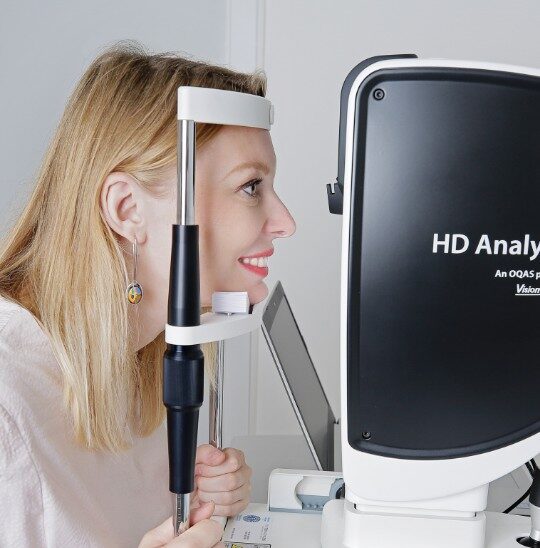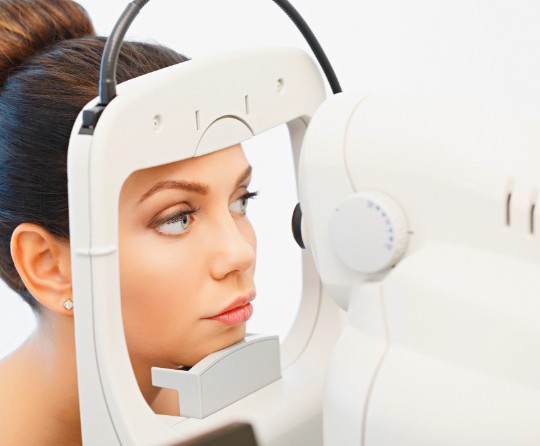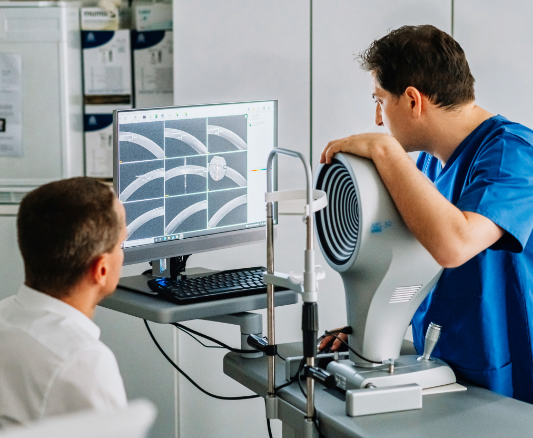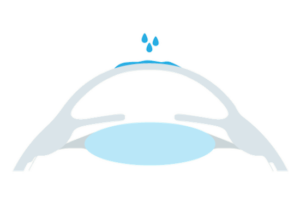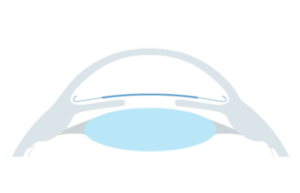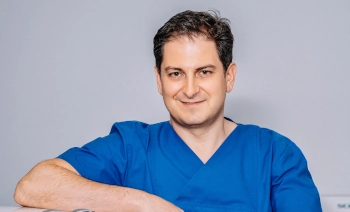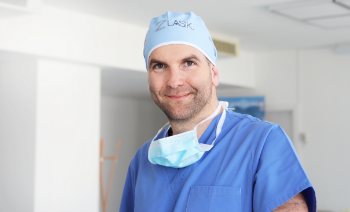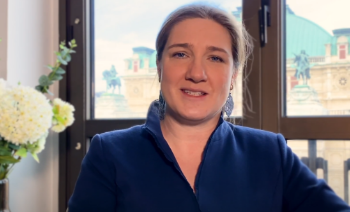Lens implantation: ICL Phake lenses
Every three minutes, a life is changed by a lens implantation. Over one million people have already opted for an ICL lens - 99 percent would do it again at any time.Lens implantation in Vienna and Linz at EyeLaser makes clear, sharp vision possible even for those for whom laser eye surgery is not possible.
- Correcting short-sightedness, long-sightedness, presbyopia & astigmatism
- Living permanently without glasses or contact lenses
- Best alternative when laser eye surgery is not possible

